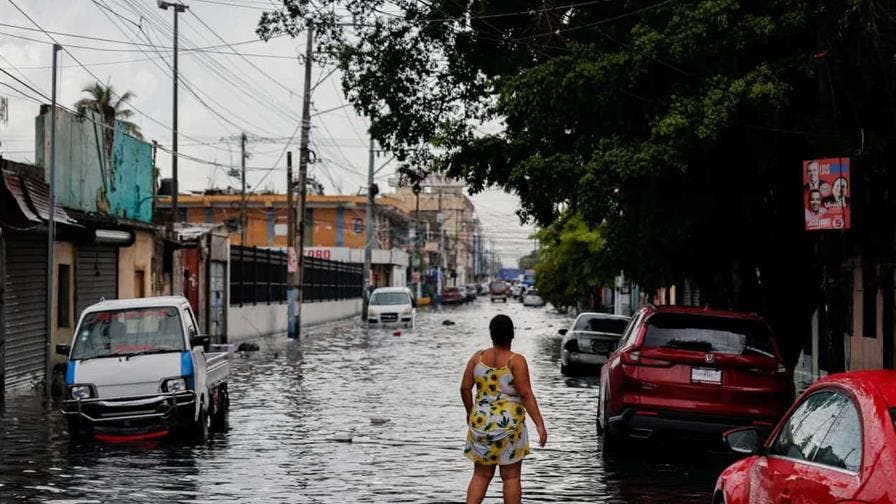In response to the recent heavy rains across the country, the Ministry of Health has issued a series of preventive guidelines to mitigate the risk of waterborne and respiratory illnesses. The accumulation of stagnant water and improper handling of food or consumption of contaminated water could lead to a surge in cases of dengue, leptospirosis, and acute diarrheal disease (ADD), among other health concerns. The Health Agency has highlighted that the rainy season often coincides with an increase in acute respiratory illnesses and epidemics, urging the public to adhere to local health recommendations for both prevention and treatment. Authorities have emphasized the importance of consuming only potable water. If safe drinking water is unavailable, they recommend purifying it by boiling, filtering, or adding five drops of chlorine per gallon and allowing it to sit for 30 minutes to eliminate contaminants. For domestic water storage, the Ministry advises applying chlorine evenly to the walls of water tanks using a clean cloth and keeping them covered to prevent the breeding of mosquito larvae, which can spread diseases like dengue. Additionally, the public is encouraged to maintain proper hygiene by washing kitchen utensils thoroughly, storing food safely, and washing fruits and vegetables before consumption. Avoiding contact with contaminated water or animal feces is also crucial to prevent leptospirosis. The Ministry stresses the importance of handwashing with soap and water for at least 20 seconds after using the bathroom, before eating, and before handling food. Using tissues when sneezing can help curb the spread of flu viruses. Proper waste disposal is another critical measure; garbage bags should not be left on sidewalks during rain but instead placed in containers or kept until garbage trucks arrive. The Health Agency strongly advises against self-medication. Individuals experiencing symptoms such as fever, diarrhea, vomiting, respiratory illness, or general malaise should seek immediate medical attention at the nearest health center, which is equipped to handle such cases. Special care should be taken with vulnerable groups, including the elderly, individuals with chronic diseases, mental health disorders, and disabilities. The Ministry urges the public to stay informed through official sources like the Dominican Institute of Meteorology (INDOMET) and the Emergency Operations Center (COE) and to adopt these preventive measures to safeguard their health.
